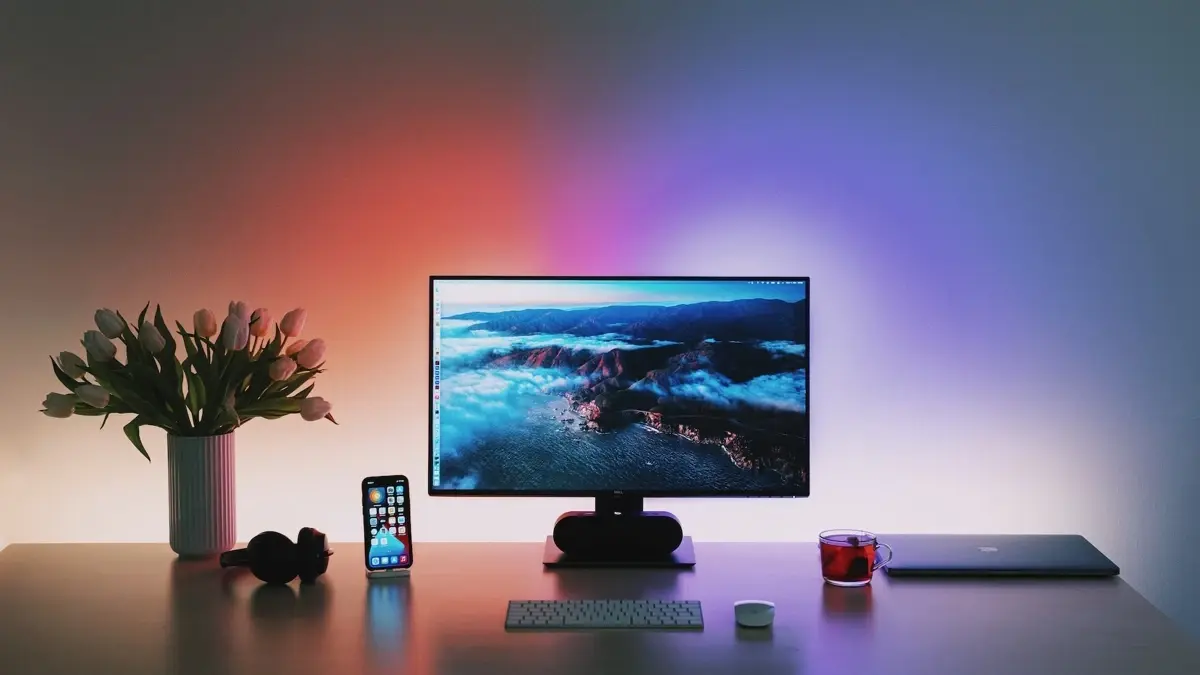Communication and Collaboration for Front-End Developers

Front-end development is not just about writing code; it’s also about working seamlessly with others to create outstanding user experiences. Effective communication and collaboration are essential skills for front-end developers to succeed in today’s dynamic and interdependent tech industry. In this post, we’ll explore why these skills matter and provide practical tips for front-end developers looking to excel in these areas.
The Significance of Communication and Collaboration
-
Cross-Functional Teams: Front-end development is rarely a solitary endeavor. You’ll often collaborate with designers, back-end developers, project managers, and other stakeholders. Effective communication ensures that everyone is on the same page and working toward a common goal.
-
User-Centric Focus: Front-end developers play a crucial role in shaping the user experience. Clear communication with designers and user researchers is essential to understand user needs and deliver an intuitive interface.
-
Continuous Learning: Staying updated in the rapidly evolving world of web development requires engaging with the community, reading documentation, and sharing knowledge with others. Effective communication facilitates this process.
Tips for Effective Communication
-
Active Listening: Pay close attention to what others are saying. Understanding their perspectives and concerns is the first step to effective communication.
-
Ask Questions: Don’t hesitate to ask for clarification if something is unclear. This helps avoid misunderstandings and ensures you’re on the right track.
-
Use Clear and Concise Language: Avoid jargon and technical terms when speaking with non-technical stakeholders. Explain complex concepts in simple, understandable terms.
-
Documentation: Keep detailed records of project decisions and discussions. This helps in case of disputes and provides a valuable reference.
-
Regular Updates: Keep your team informed about your progress. Share updates on what you’ve accomplished and any challenges you’ve encountered.
-
Feedback: Be open to feedback from others, whether it’s about your code, your design choices, or your communication style. Constructive criticism is a valuable tool for growth.
Tips for Effective Collaboration
-
Establish a Workflow: Define a clear workflow and responsibilities within your team. Tools like project management software and version control systems can help streamline collaboration.
-
Design Reviews: Regularly meet with designers and other team members to review designs and discuss how to implement them effectively.
-
Code Reviews: Collaborate with other developers through code reviews. This ensures code quality, identifies issues early, and fosters knowledge sharing.
-
Empathy: Put yourself in the shoes of other team members. Understand their constraints, priorities, and challenges.
-
Conflict Resolution: Conflicts can arise, but approach them with a problem-solving mindset. Seek compromises and solutions that benefit the project.
-
Celebrate Achievements: Recognize and celebrate both small and large achievements with your team. This builds morale and a positive collaborative environment.
Building a Collaborative Culture
Ultimately, effective communication and collaboration are not just individual skills; they’re also cultural aspects of your development team. Encourage a culture of openness, transparency, and continuous improvement. As a front-end developer, you can play a pivotal role in fostering this culture by leading through example and actively participating in team discussions and initiatives.
In the world of front-end development, where innovation and user experience are paramount, the ability to communicate and collaborate effectively is a game-changer. By honing these skills, you’ll not only improve the quality of your work but also contribute to the success of your projects and your career as a front-end developer.

